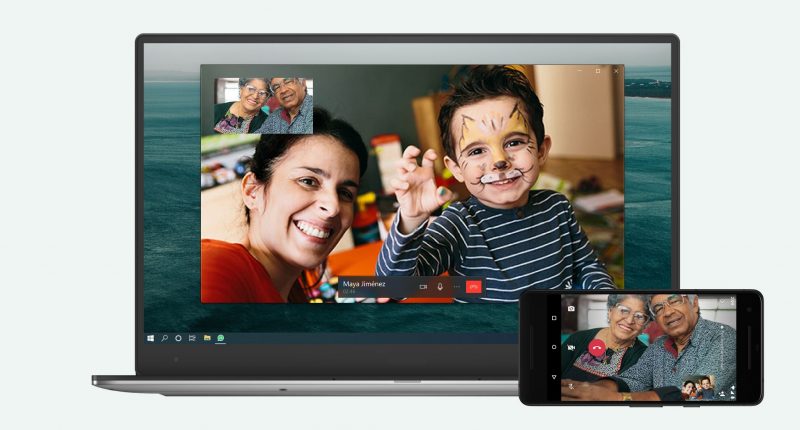WhatsApp has been known for upgrading its platform every few weeks or so, so as to keep the user experience fresh and entice new customers to sign up, at least on its mobile apps. Unfortunately, the desktop version of the app rarely gets the same love, and is often ignored, mostly because it’s not as prevalent. However, the company wants to make sure that user experience for desktop owners is as seamless as it is on smartphones, and to that end, it is launching video and audio calls on WhatsApp’s desktop app.
For regular WhatsApp desktop users, this announcement is a sigh of relief. However, there is bad news for WhatsApp web users like myself, as the company has confirmed that the calling facility will not be extended to the browser version of the application.
At launch, the desktop app will only support one on one calls. However, the company is working on introducing groups calls to the platform in the future.
WhatsApp has also confirmed that the feature will work in both landscape and portrait mode, so the days of fumbling for your phone whenever you receive a WhatsApp call may be over.
Lately, the company has been quite aggressive when it comes to launching updates for desktop users, something that is quite out of character for the Facebook owned messaging platform. Last month, it announced biometric security feature for its desktop and web app, where users would be required to provide a scan of their face or fingerprint to authenticate their identity for WhatsApp Web.
This comes on the back of a widespread controversy about the company’s privacy practices, after it announced an update to its privacy policy, seeking to send user data about business chats to the main Facebook app. The company added that those who fail to accept these conditions will have their accounts suspended-an announcement that lead to widespread critique and the Supreme Court of India intervening in the matter. However, WhatsApp has been launching educational campaigns to address the misinformation around the update, and is still adamant about rolling out the privacy change in full force.
The Tech Portal is published by Blue Box Media Private Limited. Our investors have no influence over our reporting. Read our full Ownership and Funding Disclosure →






